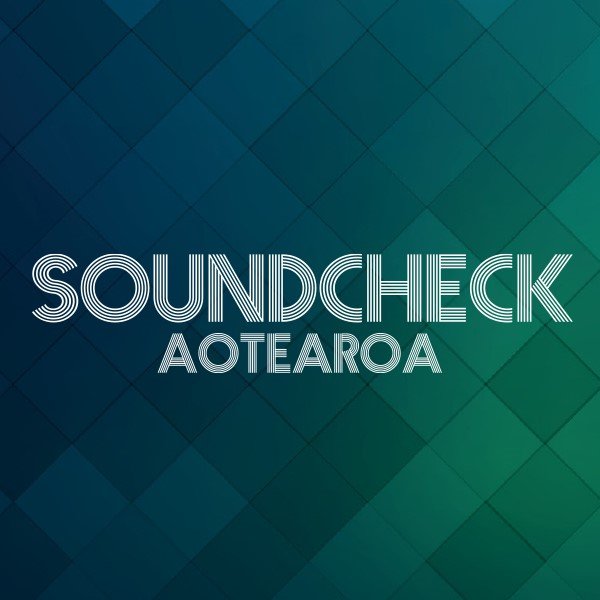GUIDANCE: RESOURCES FOR THE LIVE MUSIC SECTOR and live events
This page provides guidance for the use of these resources in the live music and events sector.
Health and Safety at Work Act 2015 (HSWA)
The resources have been developed within the framework of the Health and Safety at Work Act (HSWA).
The HSWA requires those operating a business or undertaking (which the law calls PCBUs) to manage health and safety risks in the workplace. This means identifying hazards and taking reasonably practicable steps to eliminate or minimise any risks arising from those hazards.
Sexual harassment is recognised as a workplace health and safety risk that PCBUs need to consider and address. WorkSafe (New Zealand’s primary workplace health and safety regulator) has published guidance for businesses on preventing and responding to sexual harassment in the workplace
Am I a PCBU?
A PCBU is a “person conducting a business or undertaking”. This is a broad concept used throughout the HSWA to describe all types of working arrangements which are commonly referred to as businesses. Although the definition includes businesses, PCBUs are not just companies with employees - sole traders and self-employed people are also considered to be PCBUs.
Duties of PCBUs – working together with other PCBUs
Under the law, each PCBU has a ‘duty of care’, i.e. responsibility for the health and safety of workers and others influenced or directed by the PCBU. This means that the PCBU must ensure, so far as is reasonably practicable, the health and safety of:
● its workers (which includes contractors and volunteers as well as employees)
● any other workers who are influenced or directed by the business
● other people who could be at risk by the work of the business – for example the audience attending a music event.
In situations where PCBUs are working together or their duties overlap, the law requires them to cooperate and consult with each other to coordinate what they will each do to manage risks.
PCBUs in the live music sector
PCBUs in the live music sector include promoters, music venues, production suppliers, security and catering suppliers, artists (where they are operating as a business) and artist managers. Each of these people and entities can take steps within their individual business to manage the risks of sexual harassment. These steps include adopting a Sexual Harassment Policy and undertaking Training.
In addition, each live music event involves a number of PCBUs working together with overlapping duties, such as the promoter and venue, artist and if applicable touring party, and other suppliers. As each event is different, the risks of sexual harm will require additional safety measures over and above the ongoing measures that each business has in place for its general work.
The resources have been developed with this in mind, to assist businesses to do their own foundational work internally, and to assist those working on events to develop safety measures for that event. A summary of which resources are foundational, which resources help to ‘set the tone’ for how a business works with others, and which resources relate to a specific event or events is set out below.
Foundational Resources
These are resources that assist you to:
Meet the legal requirements for PCBUs under the HSWA
Set out your commitment to prevent and respond to sexual harassment
Have a clear policy and processes available to anyone who wants to see them, including workers
Resources that help ‘set the tone’
These are resources about how you expect others to work with you, and to foster a respectful workplace culture:
Event resources
These resources are to assist in implementing safety measures at live music events to address the risk of sexual harm. They can also assist a PCBU in fulfilling its duty under HSWA to coordinate and cooperate with other PCBUs working on that event:
Implementing safety measures and other resources across your event/business
In all cases, whether the resources are foundational or event specific, they should be introduced after or alongside conversations with workers and other entities you work with.
In the case of larger entities or larger events, the resources are likely to be implemented within a larger framework. This may be a health and safety manual or similar document covering how the resources will be used and who will be responsible for which specific parts (for example who will make sure that all contractors have signed the Code of Conduct and how will that be done, eg electronically). The resources and guidance sets out what you might need to do (see the Show Checklist) but you will still need to decide how to implement it in your workplace.
Finally, as with all health and safety policies and processes, they should be reviewed on a regular basis to ensure they are fit for purpose and are adequately managing health and safety risks. You can schedule a policy review for every 6-12 months depending on the nature of your business. In addition it is good practice to have a de-brief after each live music event to discuss any issues that arose and how the policies worked in practice, so that feedback and changes can be taken into account and documents amended where appropriate.

